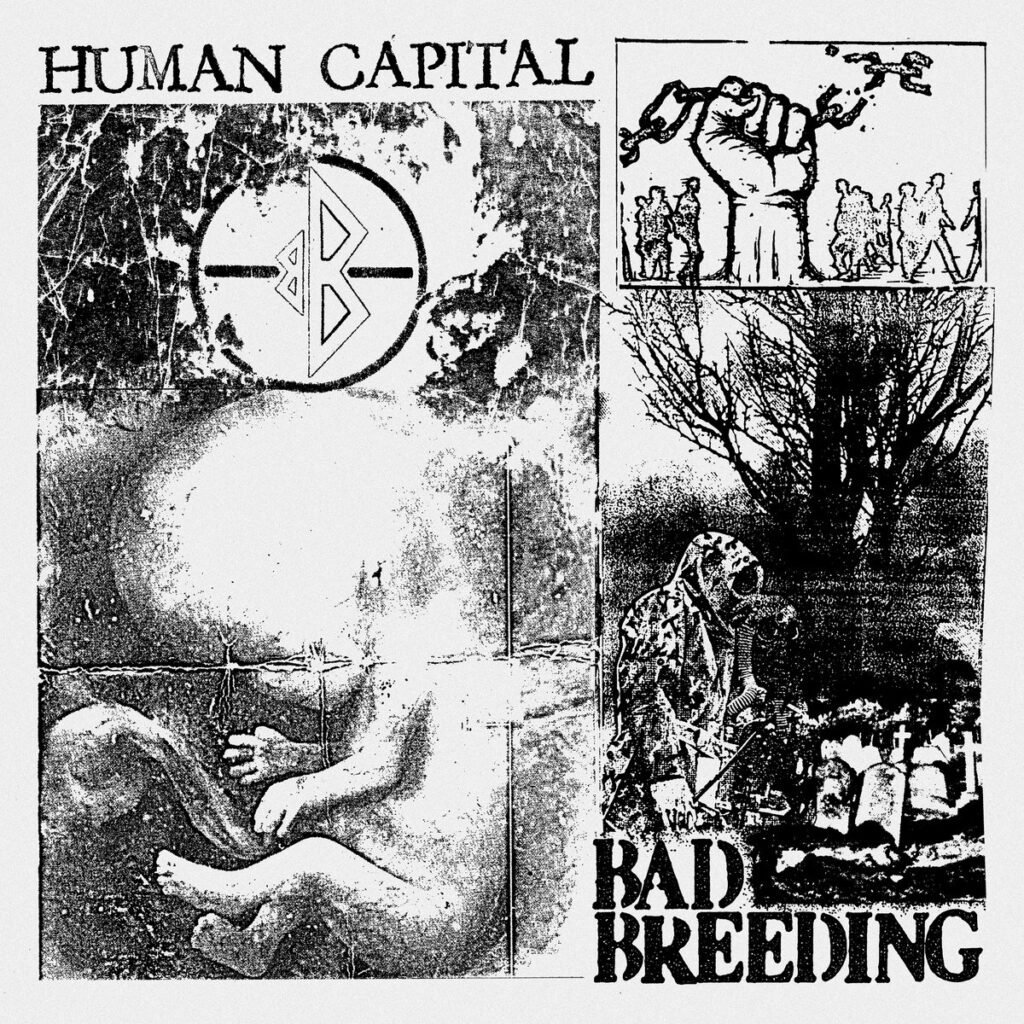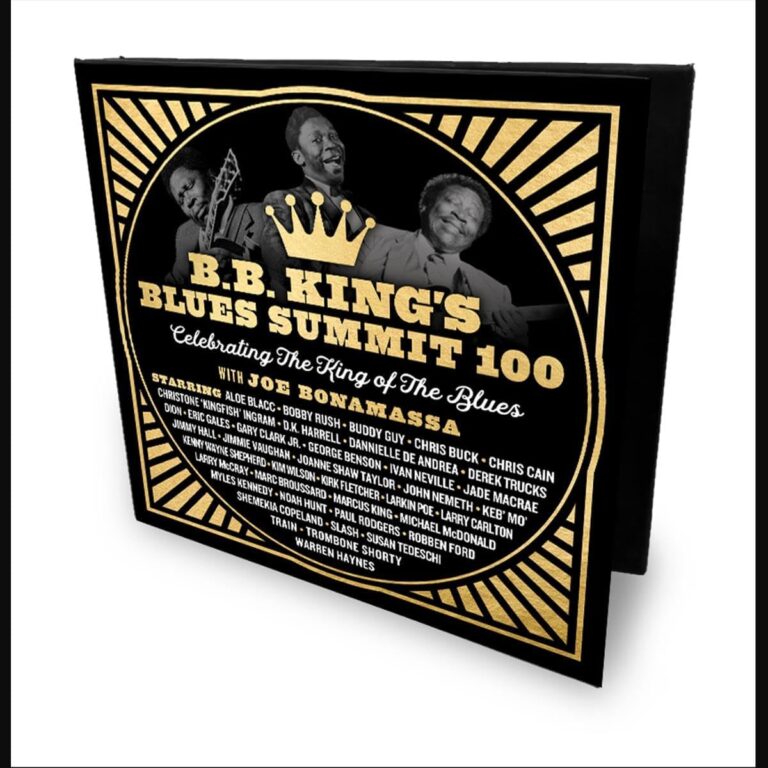
Politically-minded punk agitators Bad Breeding are back with their fourth album, Human Capital, a blistering critique of Britain’s reactionary ruling class. Hailing from Stevenage, the band formed in 2013, releasing the pointed Burn This Flag just a year later. Backing up their aggressive, yet intelligent, missives on record, the band toured relentlessly, building a sizeable following in the process. By 2018, the band had signed to One Little Independent, a label set up by members of various anarcho-punk bands and, within a year, they had repaid the label’s faith in them, delivering the Abandonment EP and the well-received Exiled album.
So much for the background. This was my first experience of Bad Breeding and the first thing that caught my attention was the essay printed in the liner notes. This is not an act without precedent, but in these social media dominated times, it has become increasingly rare that an artist has had the courage to so explicitly state their position for fear of alienating a potential listener (or, as some horrifying labels now dub them, “customer”, in a remarkable acknowledgement of how far commerce has corrupted art). The essay, penned by band collaborator Jake Farrell, is searing, but it is not blinded by its rage. There is focus here and, having deconstructed so much of the great independence myth foisted upon societies by the seemingly unstoppable march of neo-liberalism, Jake offers some hope, pointing to how communities reacted to the COVID-19 crisis (even as the government used it as an excuse to funnel money into private enterprise). It is here, in offering hope over nihilism, that Bad Breeding tap into something that is, perhaps, more human than the coldly destructive rhetoric that so often abounds. It elevates the album before I’ve even heard a note and, between the liner notes and the artwork, I find myself already drawn into the band’s narrative.
Few tracks set the scene more effectively than Community, which opens with the lines “thorns dress the concrete / sprinklers haunt gutted memories / the punished drift in codes of silence / fettered to a walled garden”. A painfully evocative opening, it’s set to a soundtrack that cleaves close to the likes Sonic Youth and Amebix, with its cruelly distorted bass and angular guitar, although the vocals remain firmly rooted in hardcore tradition. The production is as claustrophobic as the concept, and it makes for a deeply unsettling introduction to the album. Joyride opens things up a touch, the speed of delivery neatly mimicking the titular activity, although the vocals remain a frantic and threatening presence amidst the sonic maelstrom. The band up the ante still further with the stream-of-consciousness assault of Prescription. The production, once again, has a claustrophobic feel that recalls old bootlegs of rehearsal sessions – a counterpoint to the endlessly edited and refined music that so often passes for punk in the mainstream. As with black metal, there’s a feeling that the dense horror of the band’s sound is part and parcel of the band’s delivery and message, a feeling that becomes a certainty when the band deploy the blistering Misdirection – a track that leavens the atmosphere considerably. Next up, the band unleash Arc Eye, a searing blast that has much in common with early Napalm Death. A track that hits you squarely between the eyes, the rage is palpable as the band unleash their vitriol against the inhuman march of neoliberal economics. The first side concludes with the title track, a brilliant piece that introduces art rock dynamics and psychedelic flourishes, underscoring the band’s musical ability beneath the rage. An album highlight, it’s easy to see why the band named the album for it.
Opening side two, Nostalgia Trip tackles a legacy of colonialism and exceptionalism over a soundtrack that returns to the more sonically introverted stylings of the opening tracks. It’s followed by the revolutionary clarion call of Red Flag Rising, a sonic avalanche with a serious message about predatory landlords. Once again raising the spectre of Napalm Death, Death March sees the vocals deployed as a percussive instrument, punctuating the echoing feedback of the guitars and hammer blows of the drums. Built around a gruelling, heavily distorted bassline, the aural nightmare of Speculation soon gives way to the anti-capitalist mantra of Straw Men. And then, just as you think the and have barked themselves hoarse, the band unleash one last missive in the form of Rebuilding.
It is a dark land that Bad Breeding inhabit. A land where nationalism and exceptionalism go hand in hand; a land where revolution may be the only way to stop a capitalist rot that has infected even those who are oppressed by it. More relevant than ever, especially as the album is being released at a point where the Tory party is riven with candidates seeking to outdo one another in the name of neoliberalism and anti-humanitarian policies, Human Capital is a fiercely intelligent, musically blistering and utterly essential album. An album that holds a mirror up to these tortured times, it is not an attractive image that stares back, but (as with all art), it is a necessary image that the band have crafted. 9/10



